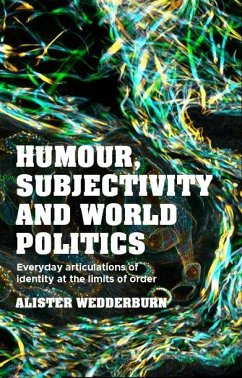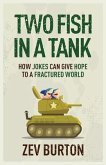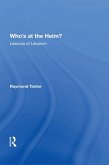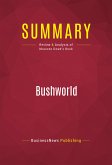Questions about the ethical and political boundaries of comedy, satire, or irony have inspired widespread anxiety in recent years, as with the 2015 shootings at the offices of Charlie Hebdo in Paris, or the so called 'locker-room banter' that defined Donald Trump's 2016 election campaign. What, then, can a turn to humour offer International Relations?
Drawing on literature across International Relations, literary theory, cultural studies and sociology, Alister Wedderburn argues that humour plays an underappreciated role in the making and unmaking of political subjectivities. The book recovers a historical understanding of humour as a way of making a claim to political subjectivity in the face of its denial. This function, Wedderburn argues, is embodied by the ambiguous figure of the parasite, a stock character of Greek comic drama. The book interrogates three separate sites where political actors have used humour 'parasitically' in order to make political claims and demands. In so doing, it not only outlines humour's political potential and limitations, but also demonstrates how everyday practices can draw from, feed into, interrupt, and potentially transform global-political relations.
Representing the first monograph-length study on the politics of humour within International Relations, this book makes a timely contribution to debates about the politics of humour, subjectivity and everyday life.
Drawing on literature across International Relations, literary theory, cultural studies and sociology, Alister Wedderburn argues that humour plays an underappreciated role in the making and unmaking of political subjectivities. The book recovers a historical understanding of humour as a way of making a claim to political subjectivity in the face of its denial. This function, Wedderburn argues, is embodied by the ambiguous figure of the parasite, a stock character of Greek comic drama. The book interrogates three separate sites where political actors have used humour 'parasitically' in order to make political claims and demands. In so doing, it not only outlines humour's political potential and limitations, but also demonstrates how everyday practices can draw from, feed into, interrupt, and potentially transform global-political relations.
Representing the first monograph-length study on the politics of humour within International Relations, this book makes a timely contribution to debates about the politics of humour, subjectivity and everyday life.
Dieser Download kann aus rechtlichen Gründen nur mit Rechnungsadresse in A, D ausgeliefert werden.









